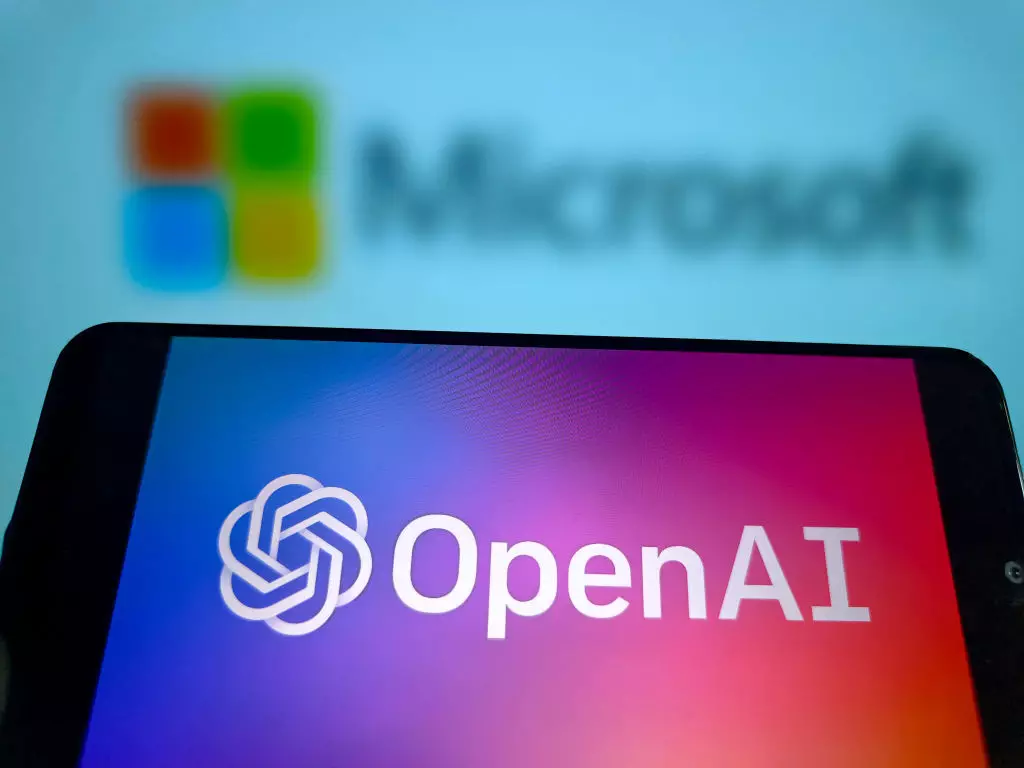In a recent statement, OpenAI clarified its position regarding the potential release of a new AI model, code-named Orion, followed by a series of speculative reports from major media outlets. The company emphatically stated that it has no plans to roll out this much-anticipated model within the current year. The spokesperson conveyed this information to TechCrunch, emphasizing that while Orion will not be making its debut as some had hoped, OpenAI is committed to launching other cutting-edge technologies in the near future. This announcement marries clarity with ambiguity, especially given that OpenAI’s earlier responses to inquiries about the model had been less definitive.
Misinterpretations and Expectations
The initial excitement surrounding Orion can be traced back to a report from The Verge, which posited that the model could see a launch by December 2023. Such claims described Orion as the next evolutionary step beyond OpenAI’s flagship GPT-4o, a vital component of the company’s offerings. Furthermore, it was suggested that select partners, including Microsoft, would have early access, with expectations of availability as soon as November. The contradiction between OpenAI’s denial and The Verge’s assertions raises questions about whether there has been a fundamental misunderstanding or miscommunication regarding the company’s plans.
OpenAI’s commitment to advancing its AI capabilities is unquestionable; however, the route it takes may not always align with public expectations. The assertion that Orion will not be released this year does not imply a lack of innovation. The organization has previously indicated that it envisions a dual approach in its development of AI models—continuing to advance “GPT” models while also enhancing reasoning-based models like o1. This strategy aims to cater to different use cases that may not overlap entirely.
The ambiguity surrounding the release of Orion leaves room for speculation about what OpenAI’s next steps might entail. The company’s messaging appears to allow for the possibility that a new model—perhaps less advanced than Orion—could still hit the market this December. As a result, the clarity offered by OpenAI is somewhat tempered by the vague pathways that lie ahead. Will the upcoming model serve existing needs adequately, or will it fall short of the advanced capabilities that many have come to expect from OpenAI?
As the AI landscape evolves, OpenAI stands at a crossroads where anticipation and uncertainty intermingle. The company’s latest communications have highlighted a significant pivot from the speculative indulgence of imminent model releases to a more cautious and methodical approach. Enthusiasts and stakeholders alike will need to brace themselves for a waiting game filled with increasing curiosity, as they await what OpenAI deems ready for public consumption. It’s clear that the company’s horizons are expanding, but the specifics surrounding model releases, particularly Orion, remain elusive and open to interpretation.

